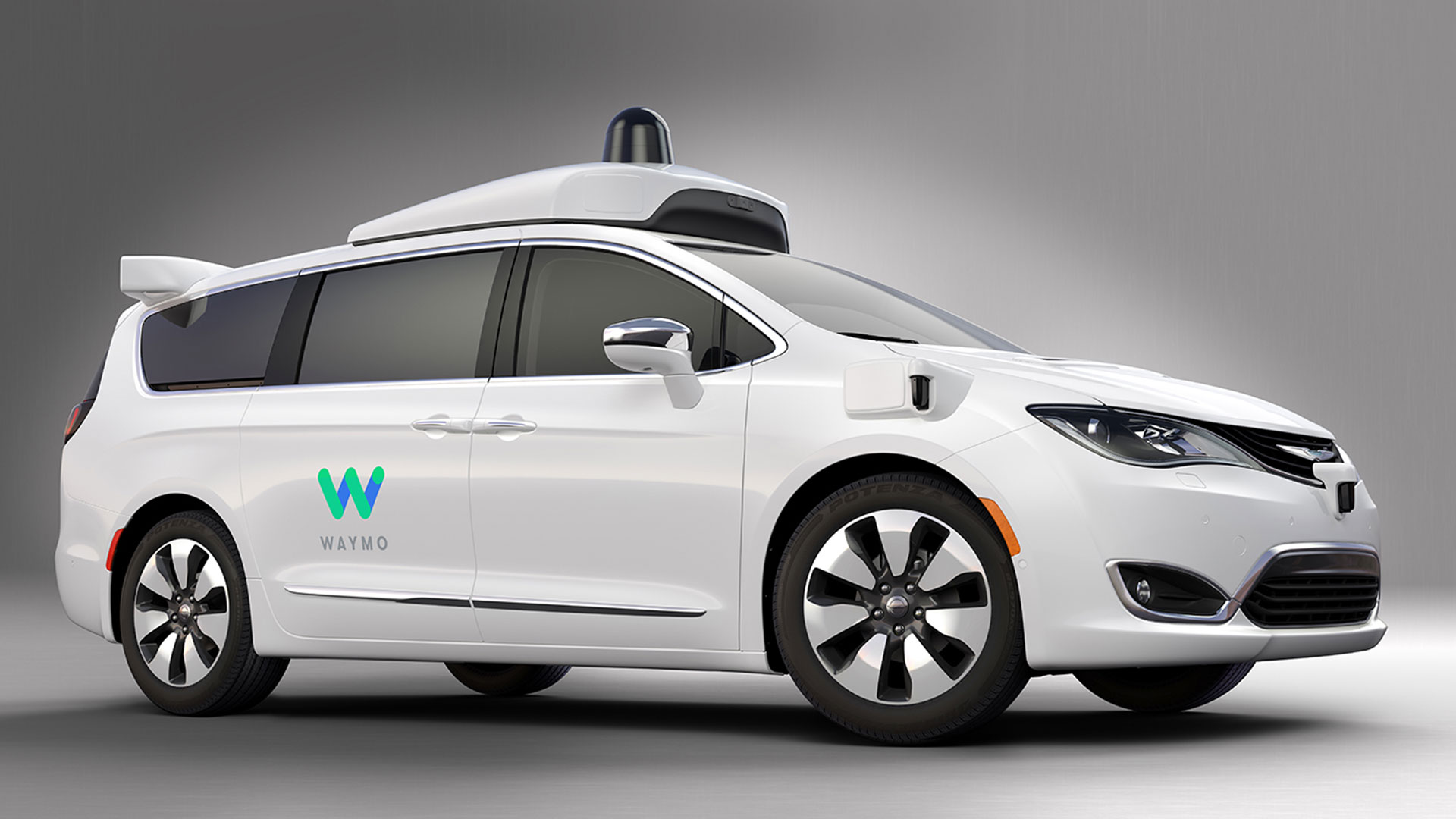

Navigant’s research report on the state of the self-driving car industry made waves when it was released earlier this week, with many sources writing headlines like “Detroit is kicking Silicon Valley’s ass in the race to build self-driving cars.” Every article seemed to agree: The main point was that traditional carmakers knew how to bolt together high-tech “mobility solutions” better than anyone else. Now, as our own Alex Roy points out, that may not be a fair assessment based on the methodology, since so much of Navigant’s findings were tied to production capability. But even if it was true, it misses the point. The real story is about the companies that aren’t on the list: Fiat Chrysler, Subaru, Jaguar Land Rover, and Mazda.
Fiat Chrysler has been most forthcoming about this. Sweater-in-chief Sergio Marchionne has said many times that he believes that Motor City is outgunned by Silicon Valley when it comes to big data and programming. But the smallest of the Big Three is trying to bridge that gap with alliances; FCA has started a partnership with Waymo, the company spun out of Google’s self-driving car program, and is hoping to purchase the technology from the supplier.
Subaru has been less vocal. It’s surprising to see the company not even on Navigant’s radar, since it was one of the first mainstream manufacturers to push semi-autonomous technology across most of its lineup in the form of Subaru EyeSight. (The company likely bought that technology from a supplier.) As for on-roadway testing, Subaru only secured the proper permits in California to begin public testing of autonomous cars in February.
As for Jaguar Land Rover, it isn’t pushing semi-autonomous features as aggressively as Subaru, and has little reported progress in the field. The last we heard from the British brand was in July, when JLR announced it would begin rolling out a fleet of autonomous cars for testing near their headquarters—a fleet that would grow to 100 cars by 2020. Jaguar Land Rover also showed off a prototype car that could operate off-road without driver input. Considering off-roading is something people mostly do for fun, rather than out of necessity, a machine that does it for you is about as useful as a self-driving skateboard.
Finally, Mazda. The “zoom-zoom” company just isn’t quite convinced it’s worth its time right now, since it doesn’t expect widespread autonomous proliferation for decades. Rather than steamrolling towards the self-driving future, the independent, driving-focused brand is slowly adding semi-autonomous features to its cars and attempting to find ways to use autonomous features to make driving more fun. The subtext, though, seems to be that the company doesn’t quite have the funding or prowess to make significant headway into the competitive field. Mazda seems to be betting that it doesn’t need it in the near future.
But if the self-driving future is as near as many companies think it is, these four automakers may be left behind.